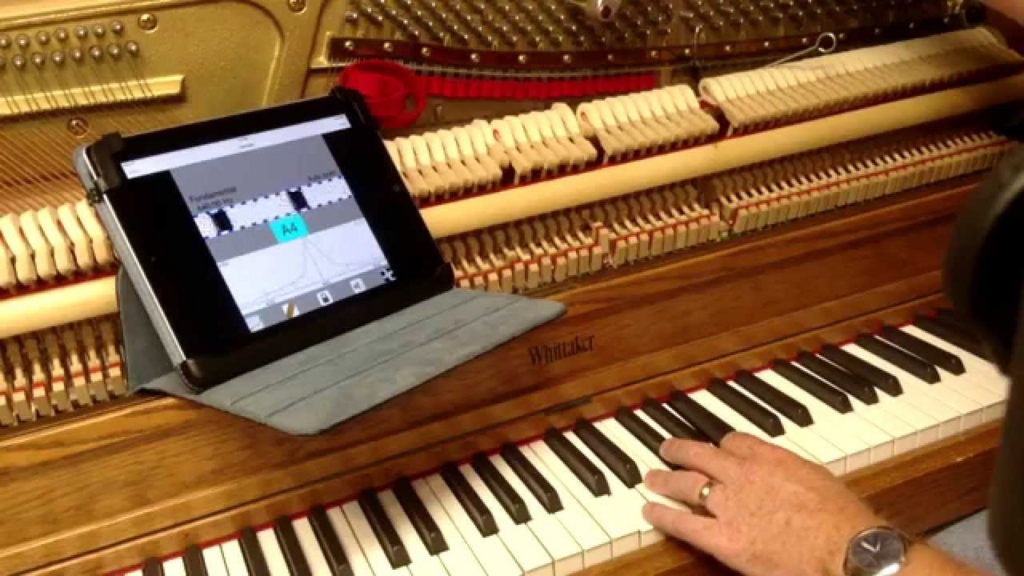Some Intricacies Of Piano Tuning

Piano tuning, as opposed to other instruments, says, for example, a guitar is considerably more complicated to tune. It doesn't only require making small adjustments within the piano strings to calibrate the times between their pitches, the interaction one of the notes themselves also need to be tuned.
Thus every piano might have slightly different angles from one another, but still, be known as "in sync Inch. Additionally, it implies that competent personnel, for example, piano technicians, piano repairs, yet others, who preferably have gone through professional training from the good organization, like the Piano Technicians Guild, must do piano tuning.
In finding out how to be considered a piano tuner, several fundamental concepts need to be mastered. One of these is temperament and beating. Character describes a tuning system that tries to conform the required times to some given value.
An interval may be the ratio between your absolute frequencies of two pitches, and also the term just times make instrument search to individual’s rates that are full simple figures (which makes them easier to tune). However, the beating process goes hands in hands with temperament, because the tempering process causes beats, or fluctuations in seem intensity, and also the rate of beating will be adjusted to some given value. Tables and octaves are utilized like a reference to these processes.
Other concepts are extended octaves and extended fifths that are also necessary to learn how to tune the piano precisely. To put it extended octaves refer that the frequencies of strings don't fall under whole number multiples and because the piano tuner moves past the temperament region, the octaves are "extended" beyond their theoretical values.
Regardless of this phenomenon, however, it is important to maintain interval and tonal consistency of all the pitches. The 5th, or perhaps a range spanning five staff positions, will also be extended as a result of the tuning process.

It may be stated that piano tuning is really a complicated process, but so long as one understands the concepts and skills involved, it's doable with a non-trained individual. The various tools needed are piano tuning wrench, some dampers, as well as an electronic or manual pitch reference.
For skill, the most crucial are how you can set the pin properly. It's imperative not to twist or impart torque towards the pin while modifying it, but instead move it in a kind of lifting fashion, to prevent the pin bending back by itself, and losing its tune. Apparently, in the end, is stated concerning the complexity of the whole process, possibly an expert tuner remains the best and many convenient solutions.
Mesa Piano is dedicated to supplying excellent service. We all know how important your piano would be to you, then when you trust it to the care, we don't take that responsibility gently. We support our work, so we don't think about the job finished unless of course, you're entirely pleased with the outcomes. Please visit this website for locating a Phoenix piano tuner and regarding Phoenix piano.